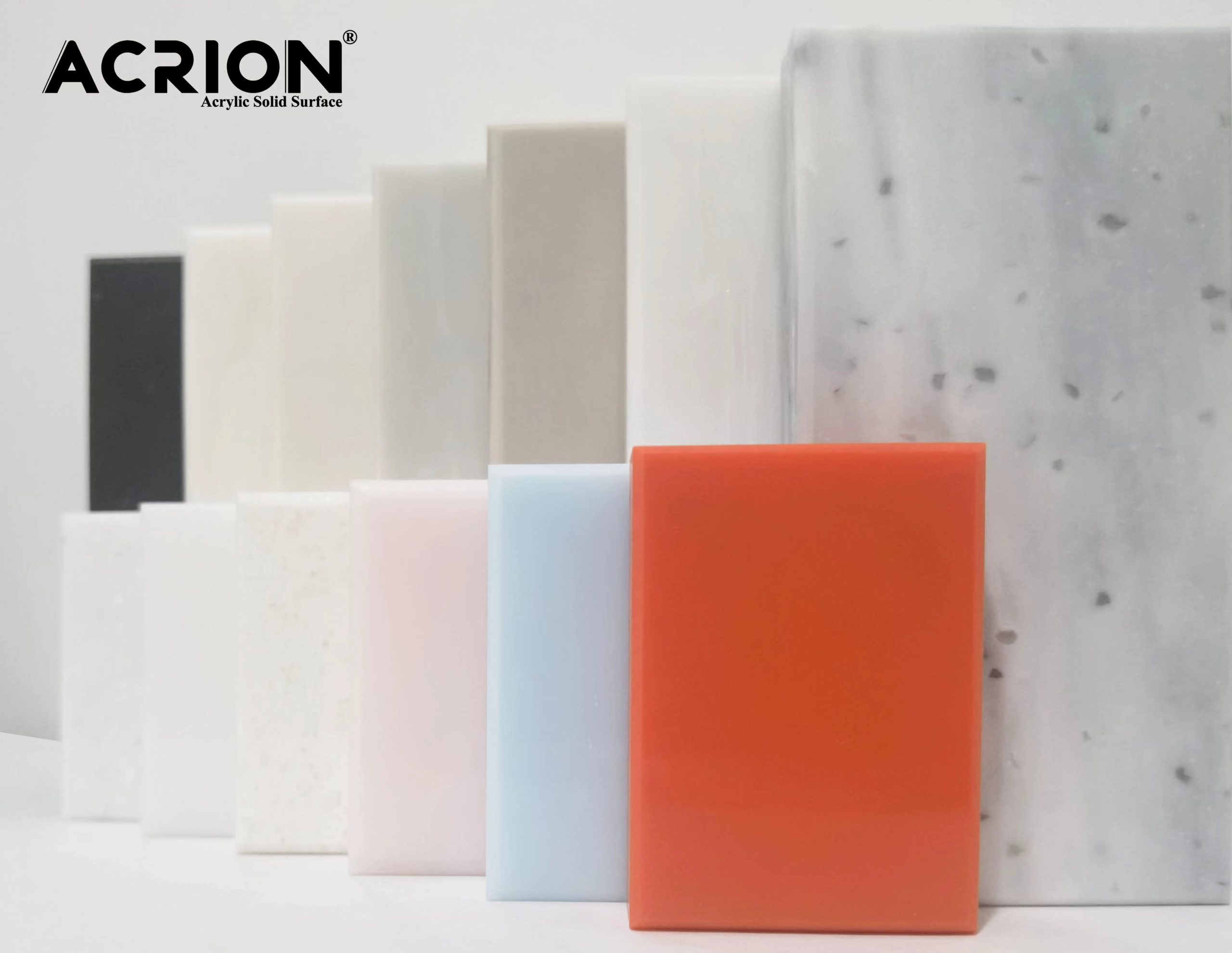The density of Kelinai countertops has a significant impact on their performance in multiple aspects. The following is an analysis from the dimensions of stain resistance, durability, high-temperature resistance, aesthetics, and maintenance costs:
The anti-fouling performance has been significantly improved
The density of the Keli Nai countertop is as high as 1.7 grams per cubic centimeter, and its pore-free structure can effectively prevent stains from penetrating. Experiments show that daily oil stains, water stains and other dirt only remain on the surface and can be easily removed with mild cleaners, avoiding the breeding of bacteria caused by the residue of stains. Its high-density feature enables it to perform exceptionally well in highly polluted environments such as kitchens, and it can remain clean even after long-term use.
2. Enhanced durability and impact resistance
High-density materials endow the countertop with excellent physical strength, enabling it to withstand external forces such as knife cuts and heavy object impacts without easily getting scratched or damaged. User feedback shows that the countertop can still maintain a flat surface after frequent use, and its impact resistance is significantly better than that of low-density artificial stone, reducing the replacement cost caused by accidental damage.
3. Excellent high-temperature resistance
The Kelinai countertop can withstand direct contact with objects at 100°C for 30 minutes without deformation or discoloration, far exceeding the temperature resistance limit of ordinary artificial stone. This feature makes it suitable for high-temperature environments such as kitchens and laboratories, avoiding the risk of surface damage caused by contact with heat sources.
4. Aesthetic appeal and extended service life
High-density countertops have excellent UV resistance. They are not prone to yellowing or fading after long-term use and can maintain color stability. Its seamless splicing process further enhances the overall aesthetic appeal, reduces hygiene dead corners, and extends the service life. It is suitable for scenarios with strict hygiene requirements such as medical care and catering.
5. Maintenance costs are reduced
Thanks to its high-density feature, the difficulty of cleaning the countertop is significantly reduced, and daily maintenance only requires simple wiping to keep it clean. Minor scratches can be repaired by grinding without the need for a complete replacement, significantly reducing long-term usage costs. In addition, its environmentally friendly and non-toxic characteristics also reduce the health risks brought about by the use of chemical cleaners.
